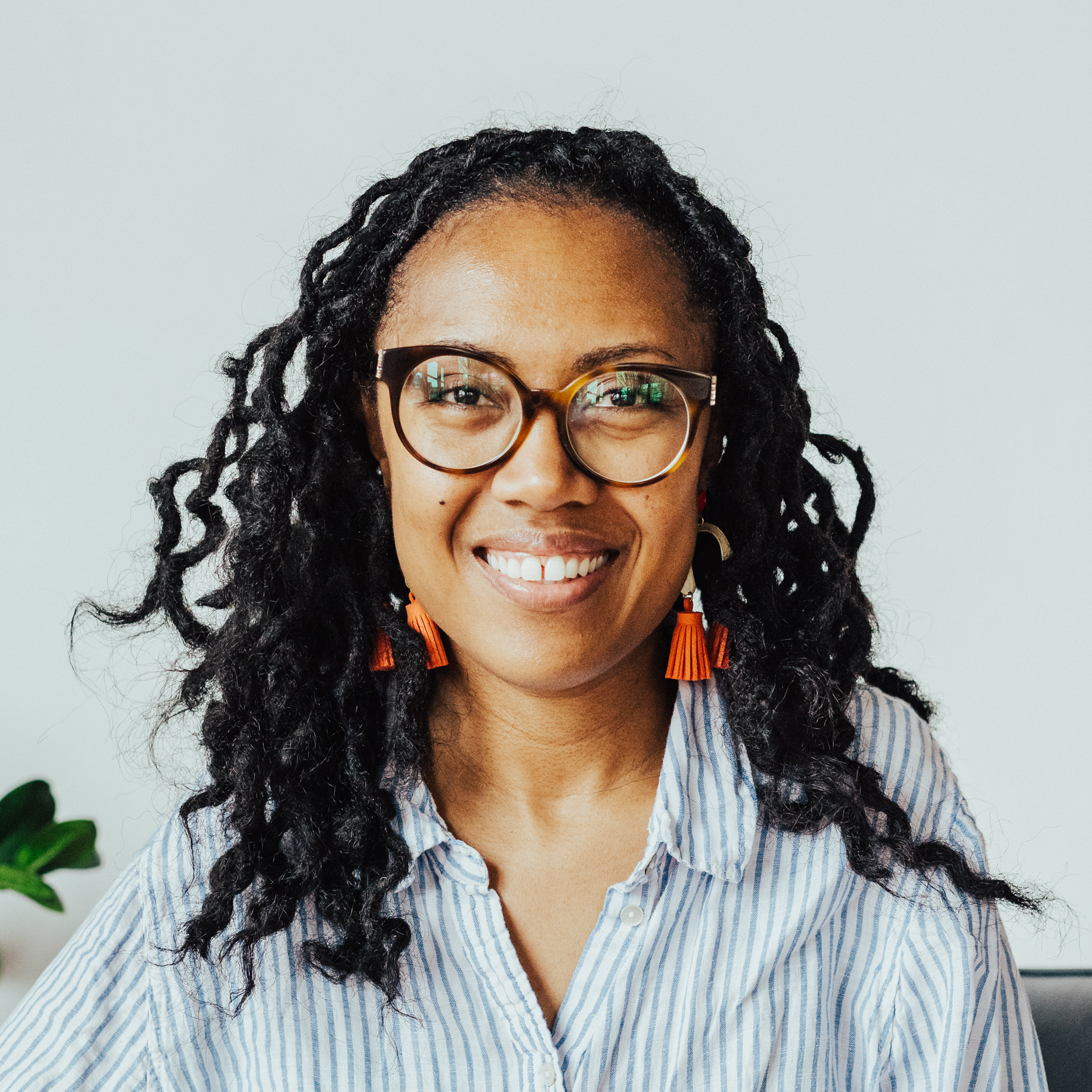Grief from Afar: Identity Loss and Ambigious Grief as a Pasifika Immigrant


Related Event

It dawned on me in the shower - as so many ah-ha moments do - that how you learn about a death indicates the closeness that others assume you had with that person. When my grandfather, the man who raised me and gifted me and my daughter with our names, died at 93 years old, my family made sure to call me so that we could be in devastated silence together. Eight months later, when my 54 years young uncle unexpectedly collapsed and died at work, I received a text message from my mother letting me know that he was gone.
Though my uncle was a special part of my childhood, the grief that flooded me that day was not necessarily for him. Instead, my thoughts travelled from my physical location in Seattle across the ocean to New Zealand, where my uncle had moved nearly two decades ago to make a better life for his wife and two kids. I closed my eyes and rewatched my aunt at my grandfather’s funeral in Samoa, speaking gentle words with teary eyes as she wished her father-in-law safe passage on his eternal journey. Who, I wondered, was with her now to speak softly and dry her tears as she began her journey as a young widow? I heard reverberating through my memory my younger cousin as he sobbed, barely able to breathe, at our grandfather’s funeral. My cousins were the ones who washed and dressed my grandfather’s body after he died, making sure to carefully lay his traditional ie just so. Were they now going to be the ones to perform the same rites for their father?
As my large, extended family prepared for my uncle’s services, a three-days long ceremony with additional protocols for each of the three high chief titles he carried, I realized that collectively we had hit several new milestones of grief. My uncle was the first of my mother’s siblings to die and the first member of my immediate family to die outside of Samoa. His passing, coupled with my grandfather’s less than a year earlier and the intense early-onset dementia of my mother’s only other brother, meant that my family was suddenly left without any active patriarchs, without any father figures to guide, protect and comfort kinfolk now scattered across multiple continents and time zones.
Immigrants know identity loss and ambiguous grief intimately well. There are the big losses like not getting to be there for graduations, weddings, births, and deaths. And then there are the small, daily griefs: the constant mispronunciation of our names, the blank stares when our homelands are mentioned, the craving for food that somehow only tastes right in our childhood homes, the way our tongues stumble with rust after not speaking our mother languages in days, months, years.
And then, all at once, the big and small losses collide. For me, it was watching my grandfather and uncle be buried from a screen instead of being there, next to my family, feet on the ground, my voice harmonizing with the voices of my aunts, cousins and kin as we sang our traditional laments. It was, for the first time in my life, not knowing what my role in my family was. There were always two generations of leaders ahead of me firmly guiding all of us, setting the pace for how to be. But somehow while I was busy growing up, those leaders were aging, too. I learned how to be grounded in my culture, in my family, in love from these fathers and yet, somehow, I missed the teaching on how to know who I am without their presence. That is the grief.
And so I do the immigrant thing I had to learn over time: I turn to my grief, this familiar thing in a strange place, and I wonder who am I going to be? I reach behind me to my family, to my newest ancestors and following their lead I create a new world for myself. A new identity to walk with the old one. I expand all of my circles of communication to make new heirlooms of connection. Hopping onto my Gmail app, I email my aunty in New Zealand to tell her I love her and share memories of my uncle. Switching to WhatsApp, I message my cousin in Niue a picture of us as toddlers and tell him I love him. Picking up my phone, I listen to my mom in Texas as she asks for the first time about my work as a grief counselor and a death doula and asks if I have any advice for her as she grieves. I pour my mourning into a blog. I turn off all the things and hug my children close.
I miss them. I love them.
Manuia lou malaga.
About
Neshia Alaovae (she/her) is inspired by the Black and Pacific Islander communities she comes from who show her that death is not an ending but an extension of the relationships we begin during our lives. Her first experiences of what many refer to as death doula work was in 2012 as a “Compassionate Companion” at a residential hospice in Washington, DC, that serves homeless or housing-insecure people dying of AIDS or cancer. Neshia continues to think of herself as a death companion.
Neshia has worked as a Diversity, Equity and Inclusion trainer for faith organizations and institutions such as the Washington Department of Health. She is a licensed mental health counselor who spent over a decade serving people navigating trauma, grief and cultural identity. Currently she runs A Thoughtful Death, a deathcare practice offering end-of-life consultation and support for people wanting a more intentional experience with dying. Neshia loves reading, long meals with loved ones and trying to keep her two toddlers from eating too much dirt (a little is just right).
Lear more at https://www.athoughtfuldeath.com/
Related Event



